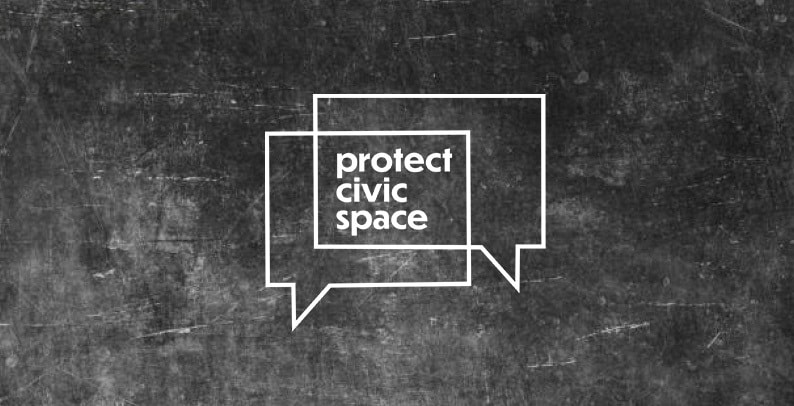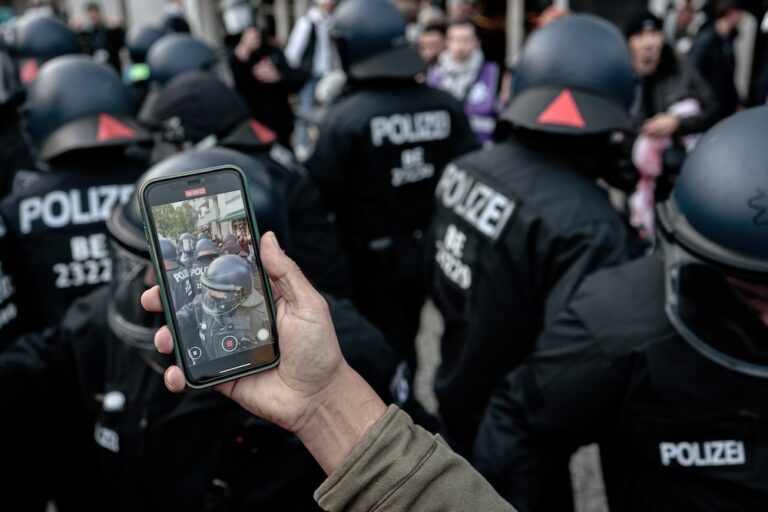IFEX’s submission to the Office of the High Commissioner for Human Rights highlights how growing trends of online gender-based violence facing women journalists threatens their safety and undermines their rights to free expression and public participation, as well as civil society’s role in addressing these threats.
“Online gender-based violence against women journalists has systemically flourished with impunity in a context of government hostility towards journalists, insufficient measures for protection on social media and other online platforms, social and cultural pressures, intersecting discriminations, and the lack of criminalisation and national frameworks to address online gender-based violence.”
IFEX has submitted a response to the Office of the High Commissioner for Human Rights’ (OHCHR) in reply to their call for NGO inputs for a report on “the safety of journalists and media workers, with a special focus on the safety of women journalists, online and offline, and the activities of the network of focal points in addressing the safety of journalists and the issue of impunity and taking into account the United Nations Plan of Action on the Safety of Journalists and the Issue of Impunity”.
The OHCHR’s final report will be presented by the UN Secretary General at the 78th session of the UN General Assembly, in September 2023.
In our submission, which draws from IFEX members’ work, we highlight patterns of online gender-based violence facing women journalists and civil society efforts to combat and respond to digital threats in the absence of State action. We argue that the failure of States and tech companies to address these issues is undermining the full participation of women journalists in the public sphere, which is a violation of their rights and undermines media freedom, democracy, and civic space.
The submission makes recommendations regarding the responsibilities of tech companies and States, and draws attention to the additional challenges facing LGBTQI+ women journalists and those with intersectional identities, for example related to race or ethnicity.
IFEX is a global network that promotes and defends freedom of expression and information as a fundamental human right. It is a nexus for free expression expertise contributed by 119 member-organisations, spanning 90 countries and committed to collaboration and transformative advocacy. IFEX and members of the network have been working for decades to promote the safety of journalists and end impunity for crimes against them. Synergy with local members is essential to our ability to highlight threats, channel efforts, and offer solutions that strengthen the exercise of freedom of expression and access to information globally.
You can read IFEX’s submission below.



